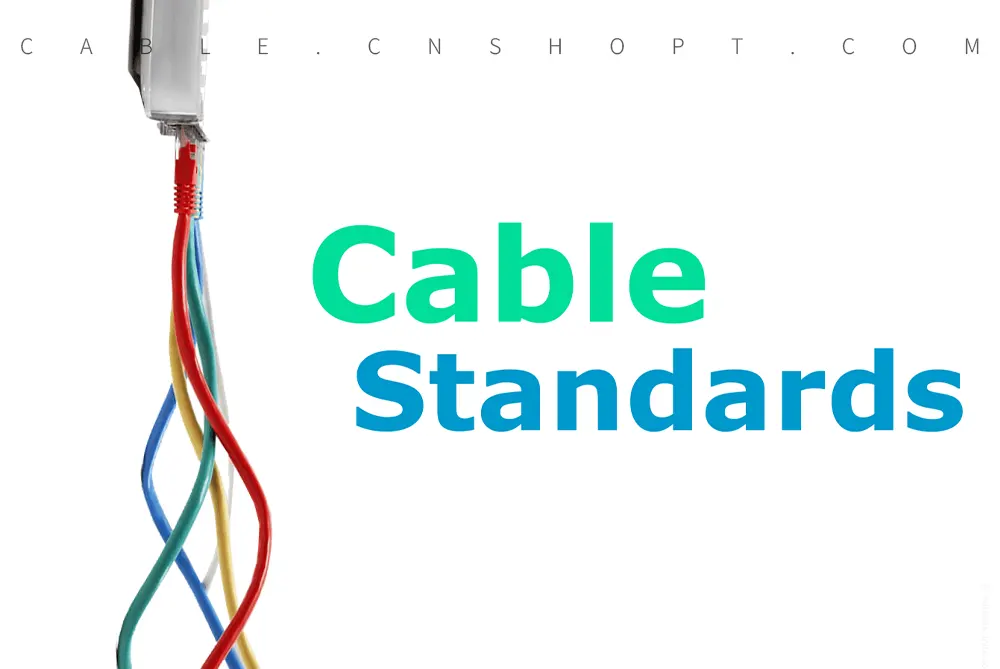When it comes to cables, standards and certifications aren’t just bureaucratic red tape—they’re your assurance of safety, performance, and compliance. Let’s break down what you should be looking for and why these standards matter.
Different countries have their own standards, but many follow international guidelines to ensure uniformity. The most common ones include:
- IEC (International Electrotechnical Commission): Governs electrical equipment safety, widely used in Europe and globally.
- NEC (National Electrical Code): A U.S.-based standard, setting regulations for safe electrical installations.
- BS (British Standards): Common in the UK and countries that follow British electrical regulations.
Knowing which standards your cable complies with is key, especially for international projects or large-scale builds.

Always check if a cable has the proper certification. Some important certifications include:
- UL (Underwriters Laboratories): A globally recognized certification that ensures the product meets safety standards.
- CE Mark: Required for products sold within the European Economic Area, indicating compliance with EU regulations.
- RoHS (Restriction of Hazardous Substances): Ensures that the cable is free from harmful substances like lead, mercury, and cadmium.
Having certified cables is critical, especially for industries that prioritize safety, like healthcare or aerospace.
Depending on the environment, you might need cables with specific fire ratings. Look for certifications like:
- LSZH (Low Smoke Zero Halogen): These cables emit less smoke and no toxic halogens in case of a fire, essential in places where people might need to evacuate quickly.
- FT4/FT6 (Fire Test Ratings): These ratings define how cables react to fire. FT6, for example, is often required for plenum spaces (air handling areas in buildings).
For eco-conscious buyers or projects, certifications like REACH or RoHS ensure cables are manufactured with minimal environmental harm. Some cables may also be certified as recyclable or made from eco-friendly materials, ideal for green projects.
Why Standards Matter for Long-Term Performance
Adhering to recognized standards isn’t just about meeting regulations—it’s about ensuring long-term reliability. Non-certified cables might be cheaper, but they can fail sooner, costing more in repairs and replacements over time.
CNSHOPT team will generally respond to your message within eight hours. If it is a weekend or a Chinese statutory holiday, there will be a delay.
We prefer you to contact us via email : info@cnshopt.com. In case of emergency, you can directly contact our WhatsApp account. If you do not receive our reply within 24 hours, please check your spam mailbox, it may appear there. We hope you will add our email to your trust list.